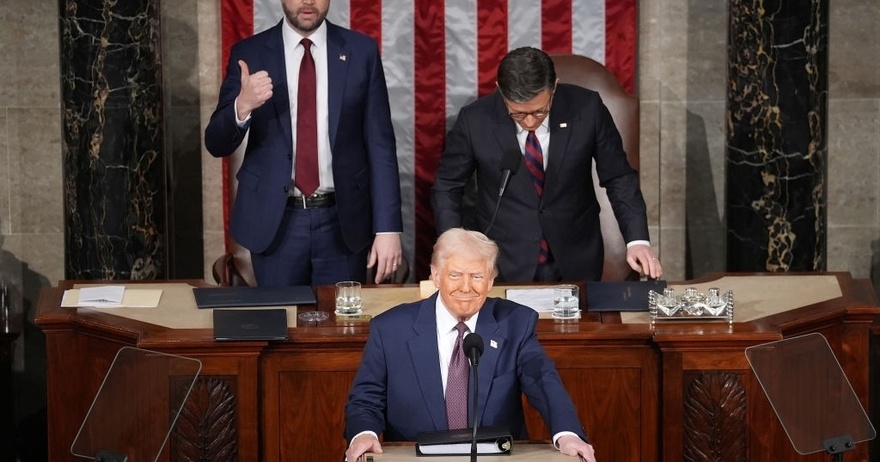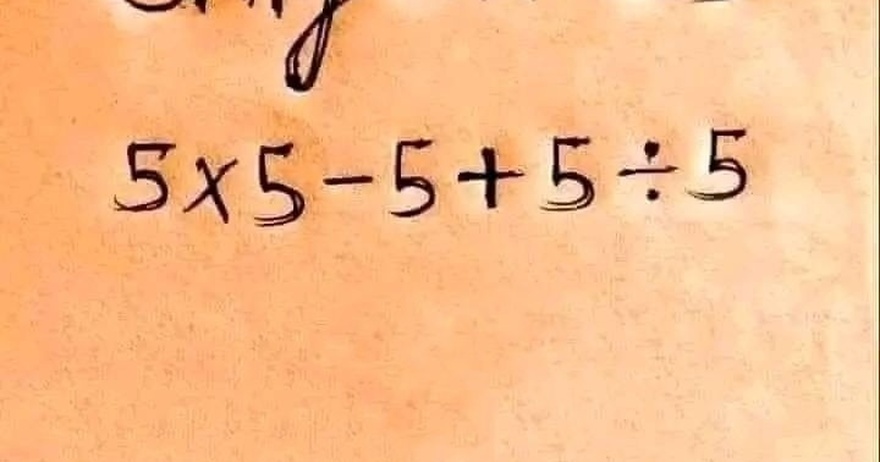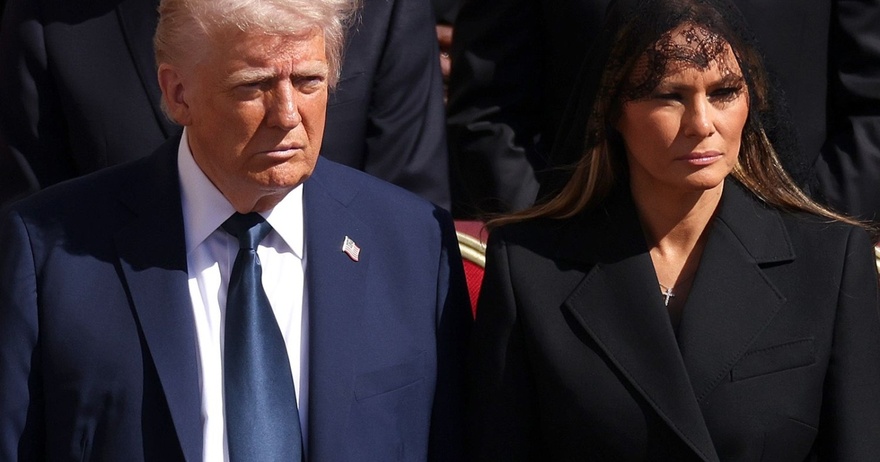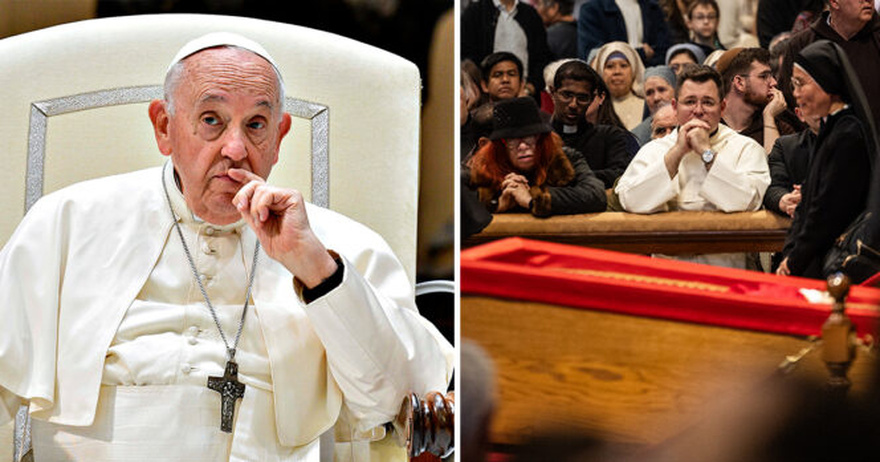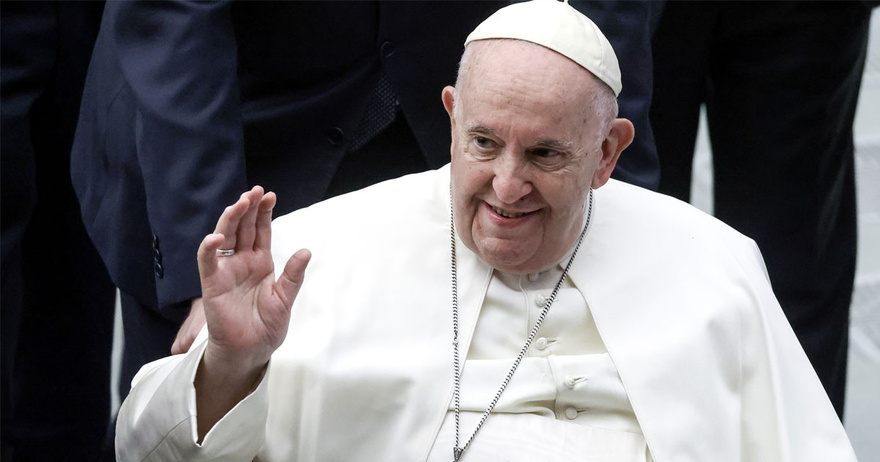President Donald Trump is reportedly preparing to revoke the temporary legal status of approximately 240,000 Ukrainian refugees who sought refuge in the United States following Russia’s invasion of Ukraine.
This policy shift could expedite deportation proceedings for these individuals as early as next month, marking a significant departure from the previous administration’s approach to the conflict.
Under the Biden administration, the U.S. had expanded the Temporary Protected Status (TPS) program, allowing Ukrainians fleeing the war to live and work in the country for designated periods.
This initiative was part of broader humanitarian efforts to support those affected by the conflict. However, the current administration’s plan to rescind these protections is part of a wider initiative to revoke parole status for over 1.8 million migrants who entered the U.S. under various humanitarian programs initiated by the previous administration.
The proposed policy change has raised concerns among human rights organizations and immigration advocates. Critics argue that revoking legal status from individuals who sought safety in the U.S. could lead to significant humanitarian consequences, especially for those who have established lives and communities during their time in the country.
The potential for expedited deportations adds to the urgency of the situation, as affected individuals may have limited time to seek alternative legal remedies or adjust their status.
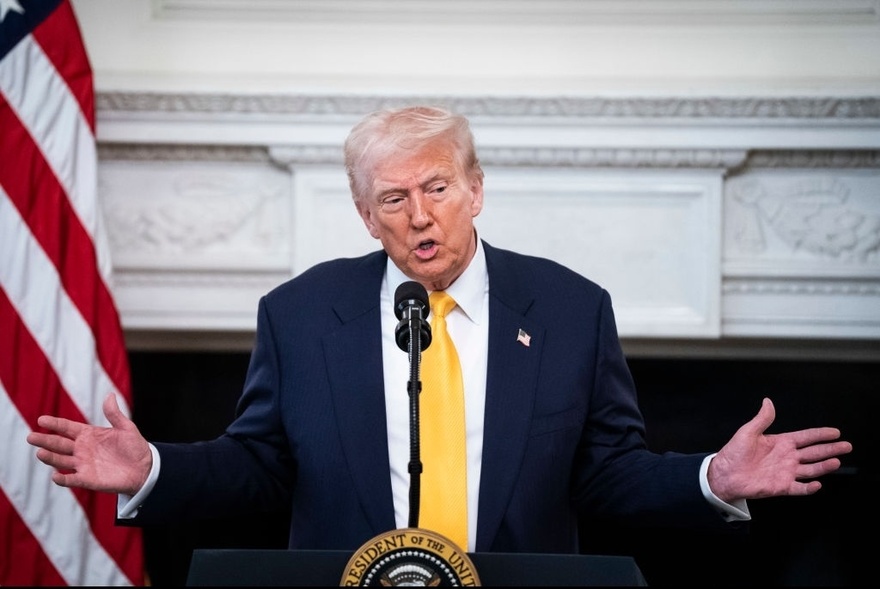
This development coincides with heightened tensions between the U.S. and Ukraine. President Trump recently accused Ukrainian President Volodymyr Zelenskyy of “gambling with World War Three” and emphasized that Ukraine should approach peace negotiations with Russia more earnestly.
In response, President Zelenskyy reiterated Ukraine’s commitment to peace, stating, “We are ready to work fast to end the war… and to work with the US to agree a strong final deal.”
The administration’s broader immigration strategy includes plans to dismantle other humanitarian programs, affecting migrants from countries such as Cuba, Haiti, Nicaragua, and Venezuela.
These measures aim to tighten immigration controls and reassess programs established under previous administrations. The potential revocation of legal statuses has led to uncertainty and fear among affected communities, many of whom face the prospect of returning to unstable or dangerous conditions in their home countries.
Legal challenges to these policy changes are anticipated. Advocacy groups are preparing to contest the revocations, arguing that such actions violate international humanitarian principles and the rights of refugees.
The outcomes of these legal battles could have significant implications for U.S. immigration policy and the lives of thousands seeking refuge within its borders.
As the situation develops, it remains crucial to monitor the administration’s official announcements and the responses from both domestic and international communities.
The potential impact on U.S.-Ukraine relations, as well as on the broader global discourse surrounding refugee protections, underscores the importance of this issue on the international stage.
Jesse Plemons Once Played Late Philip Seymour Hoffman’s Son Before Taking on His Hunger Games Character for Upcoming Prequel
Brooke Shields Breaks Down in Tears After Husband Chris Henchy Surprises Daughter for Her Birthday
Only Geniuses Can Solve This Math Puzzle in 10 Seconds
Stephen Hawking’s Doomsday Warning is Coming Faster Than We Thought
